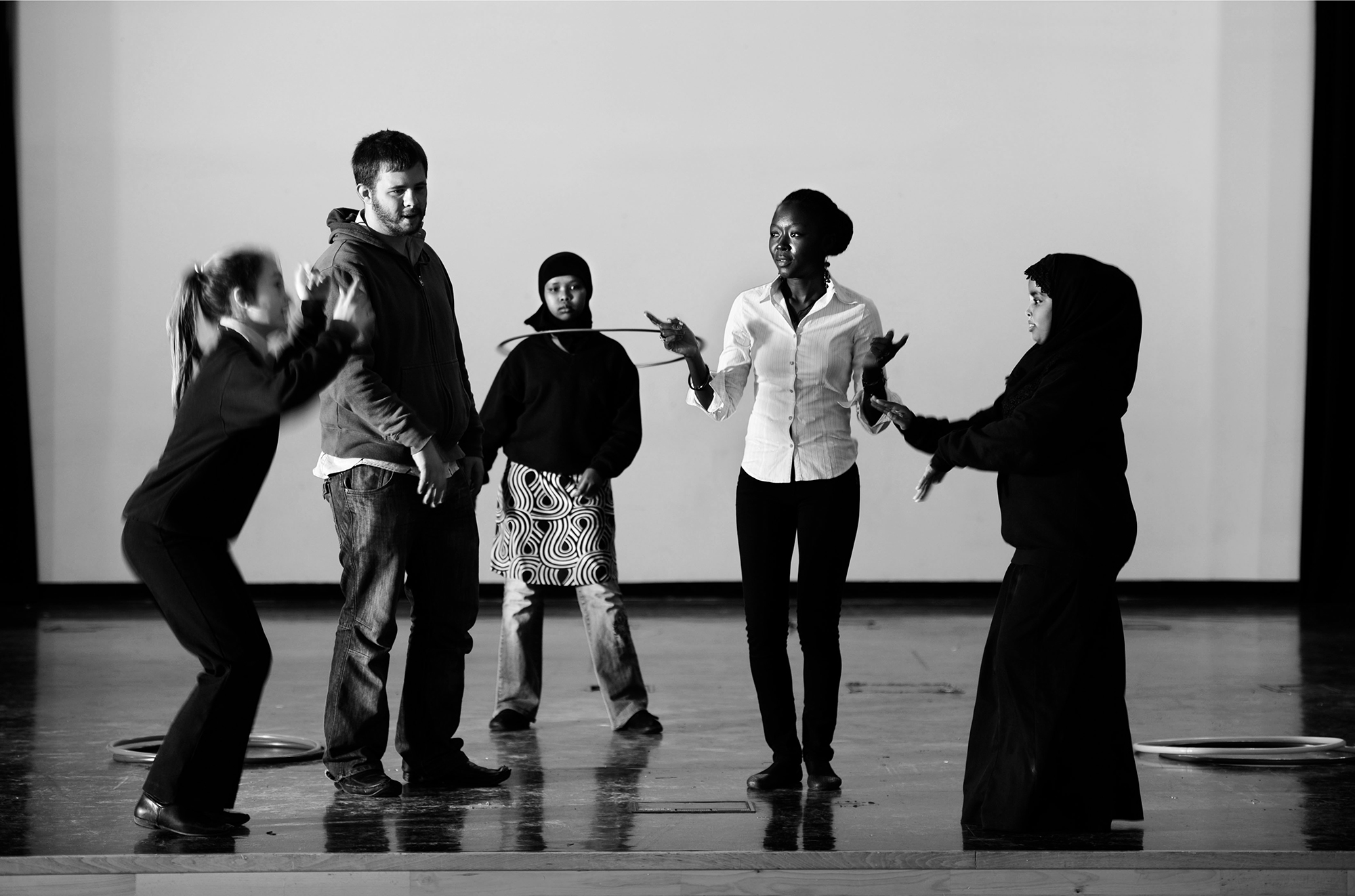This blog post was published under the 2017 – 2019 Conservative government
By Hifsa Haroon-Iqbal
I grew up in Chapeltown, Leeds – a diverse multi-ethnic multi-racial area regarded as the heart of the African Caribbean community in the 70s. Prior to that, it was where the Jewish community, escaping from the Pogrums in Eastern Europe, settled. The rich mix of people of varying colours, cultures, races and religions were evident in our daily endeavours, and I have fond memories of my childhood, including Sunday mornings when my father and brother would return from Chultz Bakery with trays of freshly baked breads, bagels and cheesecake.
But there are memories I would rather forget, such as encountering racist abuse from the extreme far-right, which was common. The National Front were rife. One would dread meeting a tattooed skinhead wearing Doc Martins and a bomber jacket. Being called a p*** was a regular occurrence. I remember hearing about letter bombs posted through letterboxes and human faeces smeared on front doors. I recall being told by one ‘friend’ “I hate p***s but you’re OK”. Race and skin colour were the factors picked on in the 70s when Britain was seeing the arrival of new migrants and refugees. These memories are from 30 or 40 years ago, when the name John Tyndall provoked similar fear to that caused by some of the names associated with today’s far right groups.
Twelve months ago, the Home Secretary took the bold and necessary step of proscribing the far-right neo-Nazi organisation National Action, following the assessment that they were ‘concerned in terrorism’. She went on to ban two further groups linked to National Action: Scottish Dawn and NS131, “a vile, racist, homophobic and anti-Semitic group, which glorifies violence and stirs up hatred while promoting poisonous ideology”. We have seen a number of neo-Nazis going through our courts charged with terrorist offences this year.
There has been an increase in far-right referrals to Prevent – 30 per cent nationally and 50 per cent in some parts of the country. Prevent is vital. It sits alongside the Channel programme but also alongside Educate Against Hate, with resources such as Side by Side, as well as the hard work of Prevent-funded groups working with local communities and schools to further help challenge and build resilience to far-right ideologies.
However, there has also been a culture shift since the 70s. Back then, I might have recognised extreme far-right supporters through their appearance. Today’s anti-Muslim, anti-Semitic, far-right, neo-Nazi bigots come across as respectable pillars of society. Today, hate has gone mainstream, propagated by ‘respectable’ patriots venting views not dissimilar to those of American white supremacist David Lane.
Whether we call them alt-right, far-right, neo-Nazis, bigots, racists or fascists; whether they wear Doc Martins or suits from Moss Bros; their hatred, ideology or desired outcomes are the same. They aspire to a country devoid of diversity.
Recently, whilst delivering a session on the risks of radicalisation, a young man asked why I was doing ‘this job’ rather than a ‘white British person’. I reminded him that I was three times his age and had been British for that same period, and that millions of people have made Britain their home since the 1950s and 1960s and have contributed to this country through taxes funding our emergency services and our armed forces. And to keep our country safe, people ‘like me’ were serving as police officers and soldiers as well as doctors, nurses, lawyers, teachers and dentists.
Being British is not dependant on being white but on valuing those things we hold dear: our democratic freedoms, our diversity and respecting difference. Hatred must never remain unchallenged, because it is only when left unchallenged that it breeds. In the words of Edmund Burke, “The only thing necessary for the triumph of evil is for good men to do nothing.”
Hifsa Haroon-Iqbal is based in the West Midlands. She is one of ten regional FE/HE co-ordinators who assist the Further and Higher education sectors by supporting institutions in fulfilling their Prevent duties and countering extremism.

